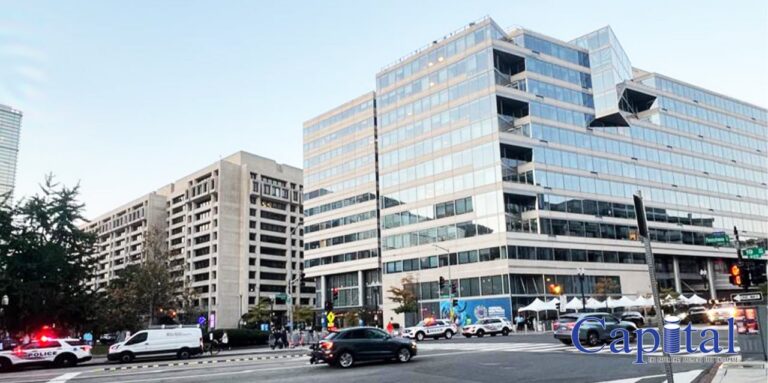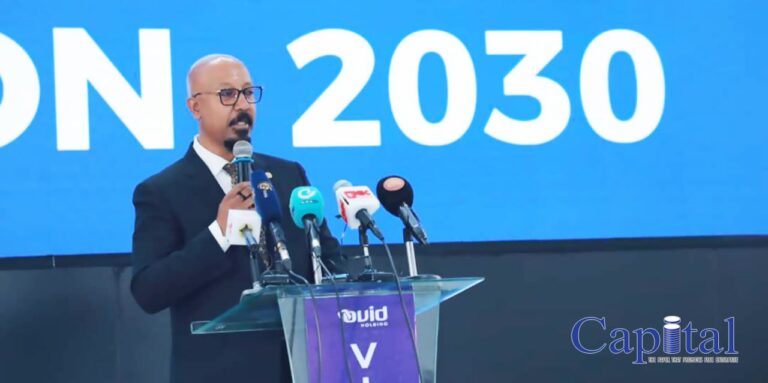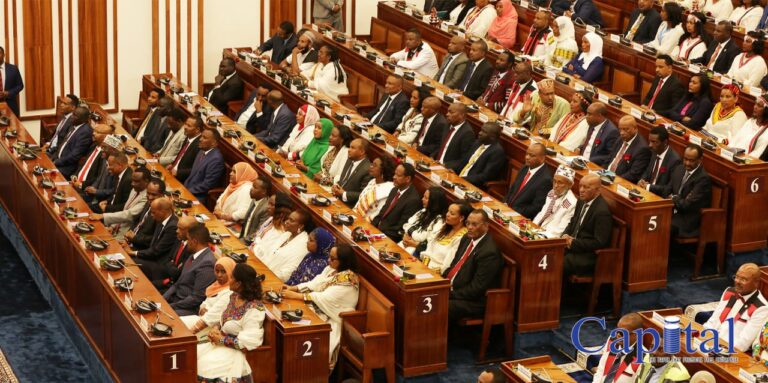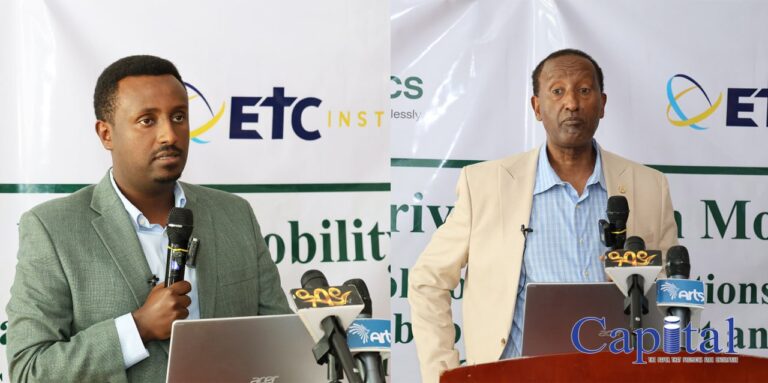As the world grapples with economic uncertainties, Sub-Saharan Africa is poised for a modest recovery in 2025, according to the latest World Economic Outlook Update from the International Monetary Fund (IMF). The report, released on Friday January 17, highlights a projected growth rate of 4.2% for the region, indicating a potential rebound from the challenges faced in recent years. However, this optimistic forecast is tempered by significant risks and underlying issues that could hinder sustainable development.
The IMF’s report indicates that while global growth is expected to stabilize at 3.3% in both 2025 and 2026, Sub-Saharan Africa’s growth is anticipated to outpace many other regions. This growth is attributed to various factors, including increased commodity prices and a gradual recovery in domestic demand. However, the region still faces numerous challenges, including political instability, inflationary pressures, and the lingering effects of the COVID-19 pandemic.
Despite the positive growth projections, Sub-Saharan Africa continues to grapple with high inflation rates that have been exacerbated by global supply chain disruptions and rising energy prices. Many countries in the region are experiencing elevated inflation levels that threaten to undermine economic stability and erode purchasing power for vulnerable populations.
Furthermore, the IMF warns of potential downside risks to the region’s economic outlook. These include heightened policy uncertainty, particularly related to trade and fiscal policies, which could dampen investor confidence and hinder economic activity. The ongoing geopolitical tensions and conflicts in various parts of Africa also pose significant threats to stability and growth.
Despite these challenges, there are opportunities for Sub-Saharan African countries to capitalize on their natural resources and enhance economic resilience. The report emphasizes the importance of structural reforms aimed at diversifying economies and reducing dependence on commodities. Investments in technology, infrastructure, and education are crucial for fostering innovation and driving sustainable growth.
Additionally, regional cooperation through initiatives such as the African Continental Free Trade Area (AfCFTA) can help boost intra-African trade and create a more integrated market. By enhancing trade relations within the continent, Sub-Saharan Africa can reduce its vulnerability to external shocks and strengthen its economic position on the global stage.
As Sub-Saharan Africa looks ahead to 2025, it stands at a crossroads between opportunity and challenge. While the projected growth rate offers hope for recovery, it is essential for policymakers to address underlying issues that could impede progress. By prioritizing structural reforms, enhancing regional cooperation, and investing in human capital, Sub-Saharan African nations can pave the way for a more resilient and prosperous future. The coming years will be critical in determining whether the region can harness its potential and navigate the complexities of an ever-changing global economy.








